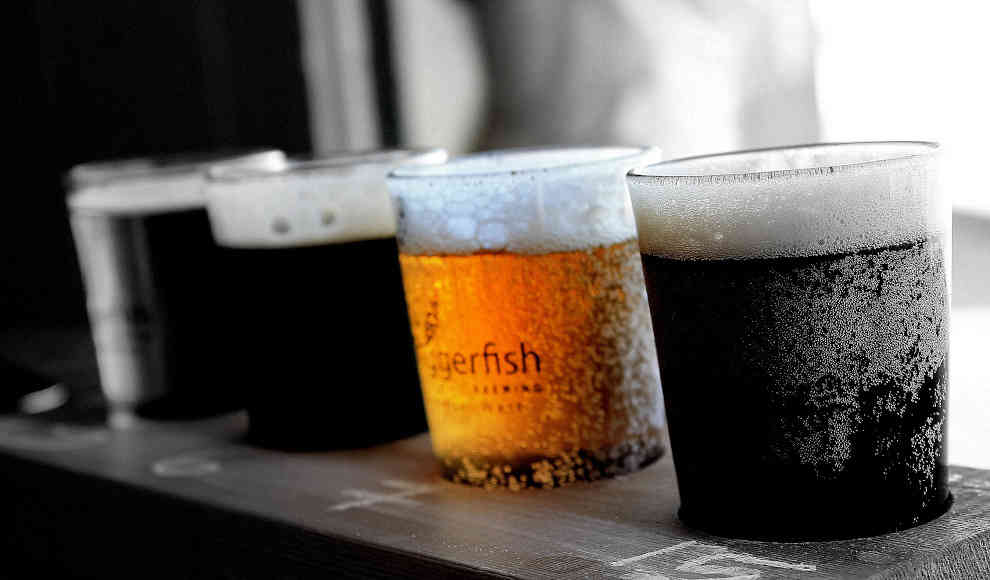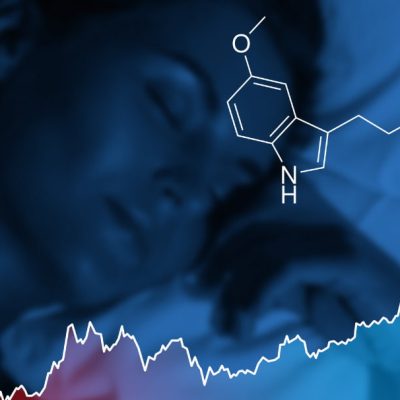Beer contains an ingredient called hordenine that activates the reward center of the brain, similar to the way dopamine does. Researchers at Friedrich-Alexander-Universität Erlangen-Nürnberg (FAU) have discovered that consuming certain foods, including beer, pizza, and chocolate, can trigger a hedonic response, leading to a type of addiction where people continue to eat even when they are full. The study, published in the journal Scientific Reports, involved creating a database of molecules from 13,000 foods and using virtual screening to identify those that activate the dopamine D2 receptor, which is responsible for the reward response in the brain. Of the 13,000 foods, 17 were found to activate the receptor, including hordenine, which is found in barley malt and is an ingredient in beer.
The researchers found that hordenine has almost the same binding effectiveness as dopamine, suggesting that it could have a similar effect on the reward center of the brain. They are currently investigating whether the concentration of hordenine in beer is sufficient to have a noticeable effect on the reward response. The study also suggests that hordenine may have longer-lasting effects on the brain than dopamine, as it is not broken down as quickly. While the presence of hordenine in beer may contribute to its mood-enhancing effects, it may also increase the risk of addiction.
The study highlights the potential addictive properties of certain foods and the need for further research into the effects of hordenine and other substances on the brain. It also raises questions about the role of food in addiction and the need for greater awareness of the potential risks associated with certain foods and beverages. Overall, the study provides valuable insights into the complex relationship between food, the brain, and addiction.










